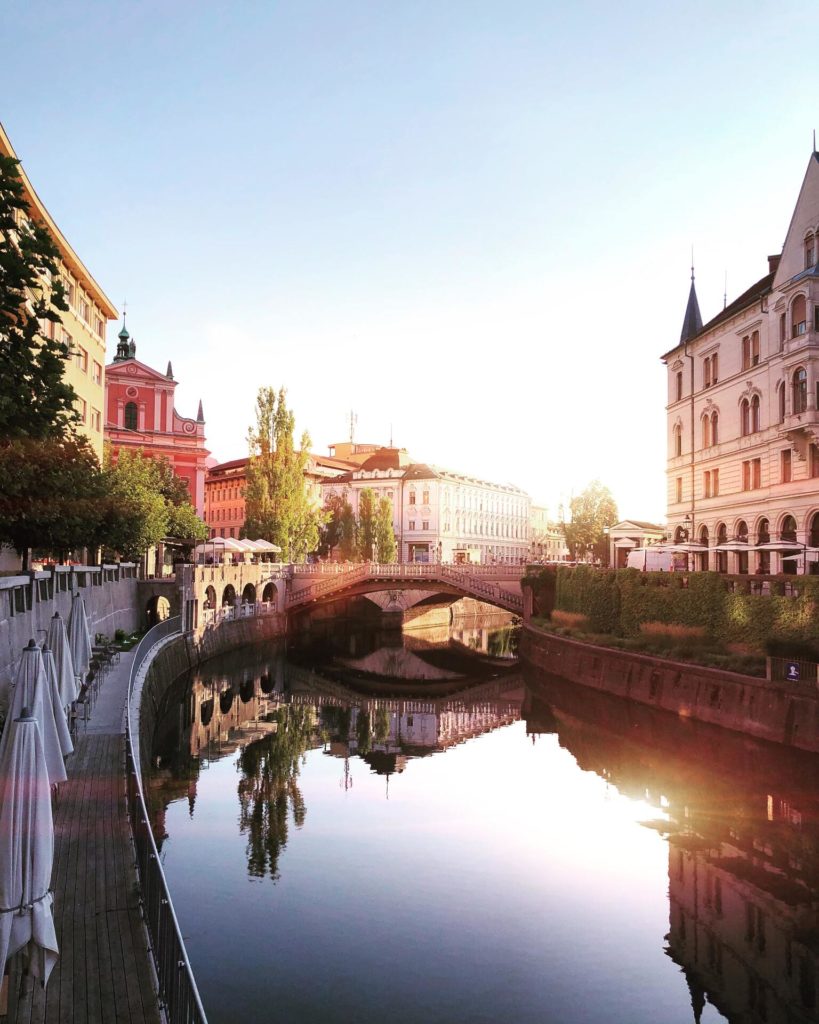Slovenia is a tiny, varied nation that nonetheless has a lot of homes and lands up for grabs. Slovenia is in a favorable geostrategic location. It is situated at the intersection of important commercial and cultural routes throughout Europe. Because of this, Slovenia’s location offers a tactical benefit. All of the nearby nations—Italy, Austria, Croatia, and Hungary—are accessible by car in approximately an hour from the capital, Ljubljana. Nearly everything may be found in the country, including mountains, lakes, caverns, untamed rivers, immaculately kept towns, castles, and even the sea.

Reciprocity rule
According to the reciprocity principle, which was approved by the Ministry of Justice and is based on the Law of Reciprocity, foreigners have been entitled to purchase real estate on a reciprocal basis since February 2013. Indian citizens, for example, must apply to the Ministry of Justice for the formation of reciprocity with some supporting papers to purchase property in Slovenia. A notarized copy of the passport, a statement of why the buyer is buying the specific property, and a certificate from the Surveying and Mapping Authority that gives specifics about the property are some of the most crucial papers. In addition, there is a cost for administration.
How to purchase a property
Getting a TAX number and an EMSO number from the local government where the property is located is the first step to take. In most cases, it takes three days. A real estate agent is hired in the second phase. Even if the buyer has already made up their mind about the home they want to purchase, it is still essential to utilize a real estate firm or a real estate agent. You can trust that the services are provided professionally since the legal status of real estate agents is controlled. They must be licensed and registered.
Slovenian title search
A title search will also be required when purchasing a property. This process may take up to two working days since Slovenian due diligence is completed quickly and the Land Registry has an updated system. The buyer may do it alone or with assistance from a real estate agent. To prevent any potential issues in the future, the buyer must translate all the documentation.
Hiring an agent
Once a real estate agent has been retained, it is his or her responsibility to get in touch with the seller and make the buyer’s offer. The sale-purchase contract must then be drafted after the buyer accepts the offer. It’s crucial to be aware that a 10 percent deposit must be made when the agreement is signed. The last step in purchasing a home involves the real estate agent’s responsibilities, who must prepare a copy of the land registry entry, a community confirmation demonstrating that no communal rights have been asserted against the property, and an official appraisal to ensure that taxes are paid properly. The buyer must provide the seller with the last payment after all the required paperwork has been acquired. Slovenian property purchases might take anywhere from 95 to 124 days to complete.
The elements of a property contract
A sale contract is required to complete the sale of a property. It must include some mandatory details, including:
- information about the seller and the real estate property
- the price that must be paid for the specific property
- the method by which the buyer will pay the amount specified in the contract
- details about any mortgages related to the property up for sale
Taxes
Some taxes must be paid throughout the buying process by both the seller and the buyer. The transfer tax, which is levied at a set rate of 2% on the value of the transaction, is one of the most significant taxes. Only the individual selling the property is responsible for paying this kind of tax. However, both the seller and the buyer will be responsible for paying the value-added tax (VAT), a different kind of tax that applies to the sale of real estate, which is levied at a standard rate of 22%. The registration fee is an additional tax that both the buyer and the seller are responsible for paying. The registration fee is assessed on a graduated basis and ranges from 0.01% to 0.50% of the property’s value. The cost of notary costs, which range from 0.01% to 0.40% of the transaction’s value, is covered by the buyer.
Regulations regarding foreigners buying houses
Foreigners must provide the same kinds of documentation and complete all processes necessary for the actual acquisition of a property. However, the foreigners’ nationality also has an impact on their ability to buy property. While individuals from the European Union (EU) are permitted to purchase properties in Slovenia under the same rules that apply to Slovenian citizens, citizens of nations like India are also permitted to do so if they started a business there, are married to a Slovenian citizen, or inherited a property (however, even in this case, the reciprocity principle has to apply). Therefore, foreigners who start businesses are free to purchase real estate in Slovenia, including homes, apartments, and even land.


